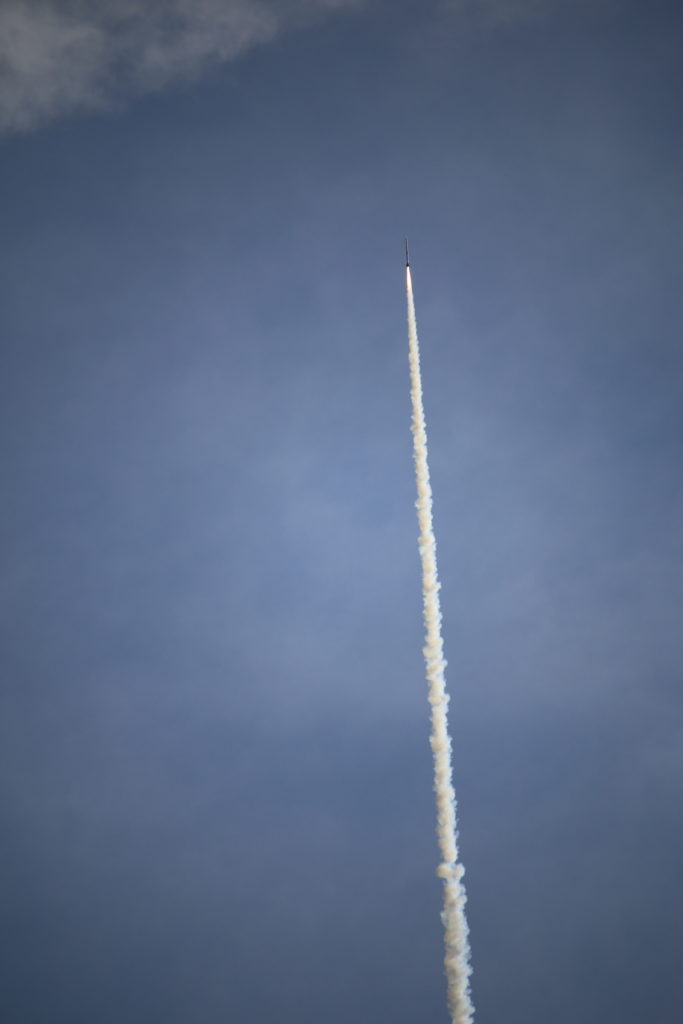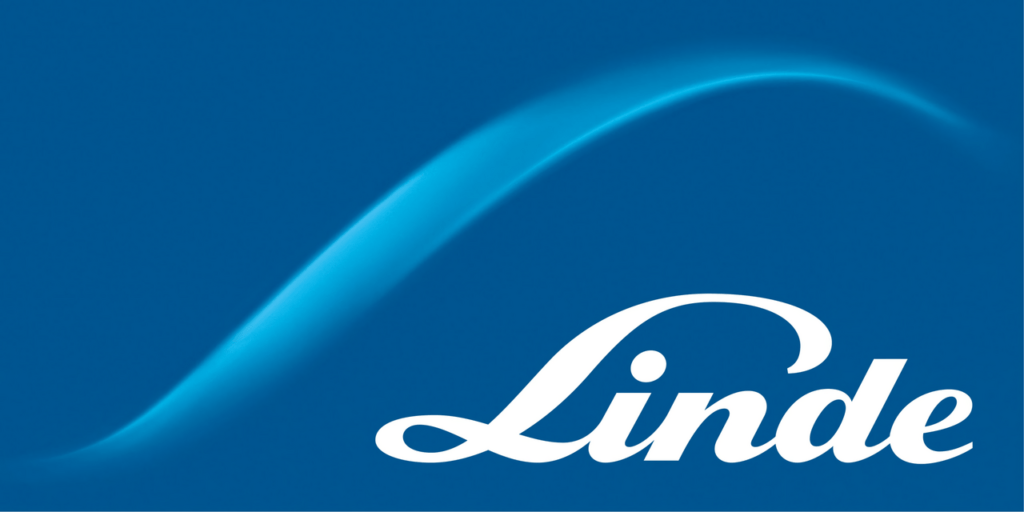"Engaging students in space technology projects in collaboration with academia and industry partners"
ABOUT THE EPFL ROCKET TEAM
Students
0
+
Launches
0
+
Scientific publications
0
Awards in Competition
0
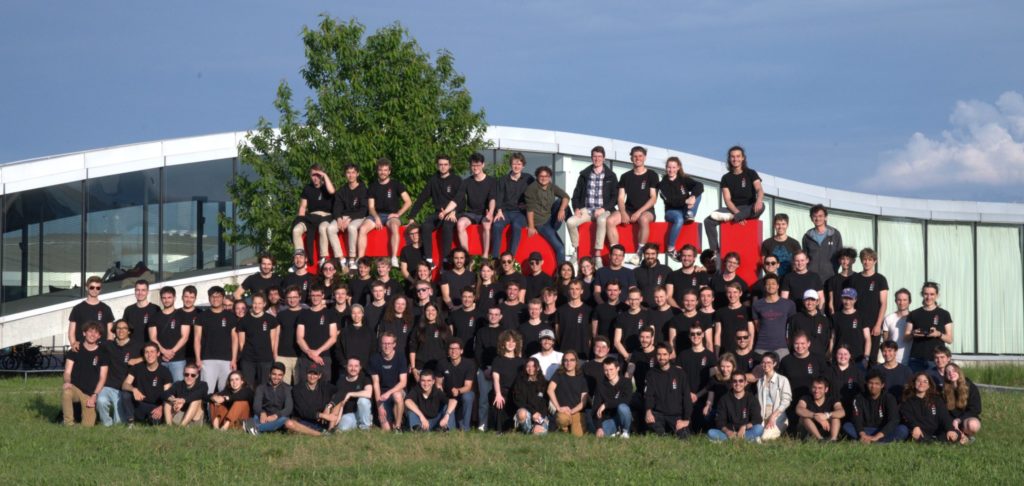
OUR STORY
Our association, recognised by the EPFL, brings together about 200 students from EPFL but also from various Swiss schools and universities such as UNIL , HEIG-VD OR ZHAW. The ERT is currently overseeing four student projects. A competition project, whose goal is to design and launch a rocket in international competitions, a training project for bachelor students wishing to learn and train in rocket manufacturing and, finally, two research and development projects whose mission is to develop a system to re-land the competition rocket in the manner of SpaceX launchers and to design in-house bi-liquid propellant engines with the ultimate goal of reaching space.
OUR GOAL
OUR VALUE
In addition to a lot of technical knowledge, I learned a lot about managing personalities, building on each other's strengths and allowing team members to improve where they still have weaknesses.

Despite starting this project with no prior knowledge of propulsion, the team managed to develop a working rocket engine within 2 years! Believe in your dreams!
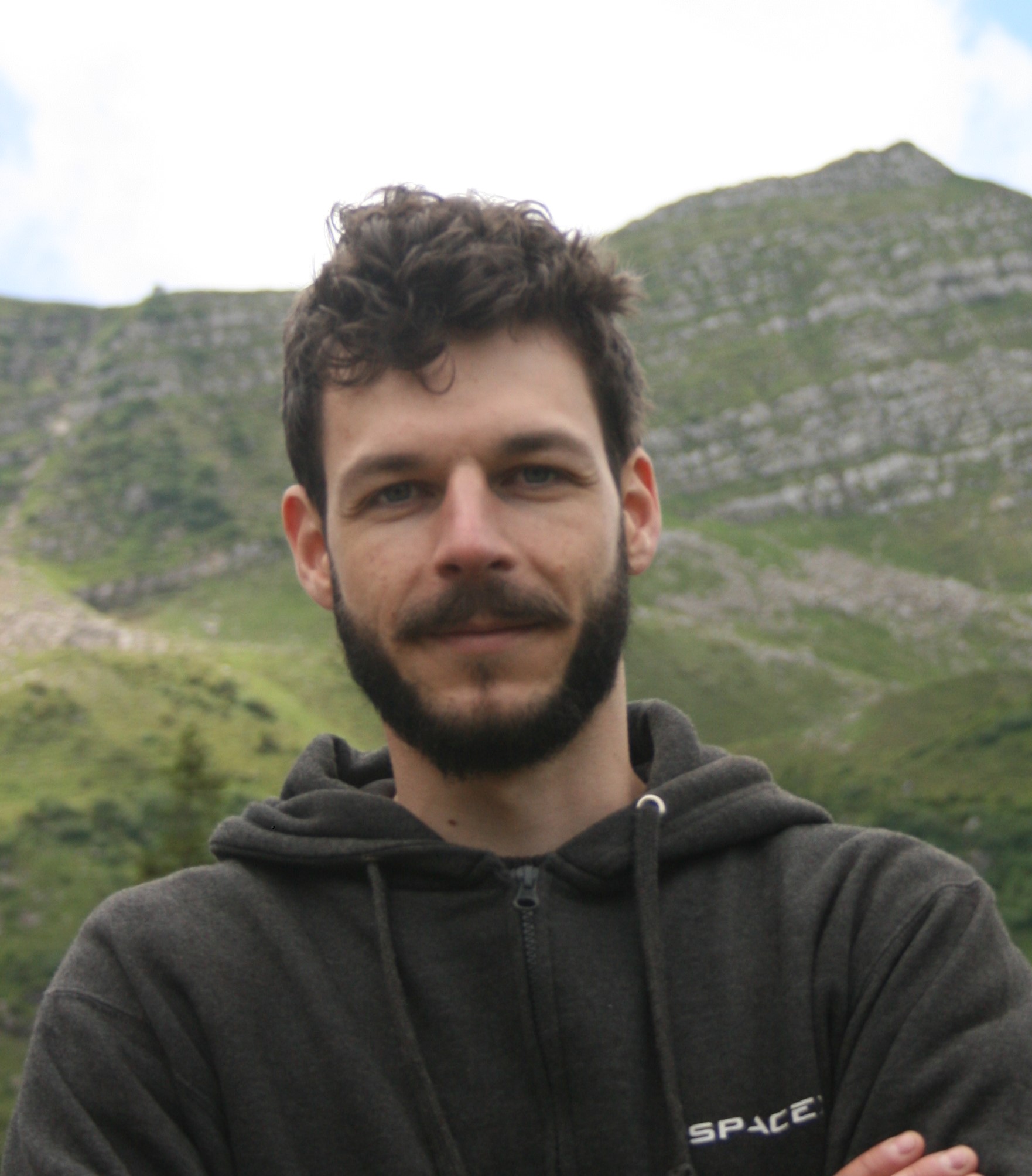
Joining the EPFL Rocket Team was a very good decision. It allowed me to have an enriching and formative experience in parallel to my studies and to meet passionate and motivated people. I learnt a lot of things that you can't learn in a theoretical course and developed my softskills. In short, if you are hesitating to join an association, don't ask yourself the question, you are in the right place!
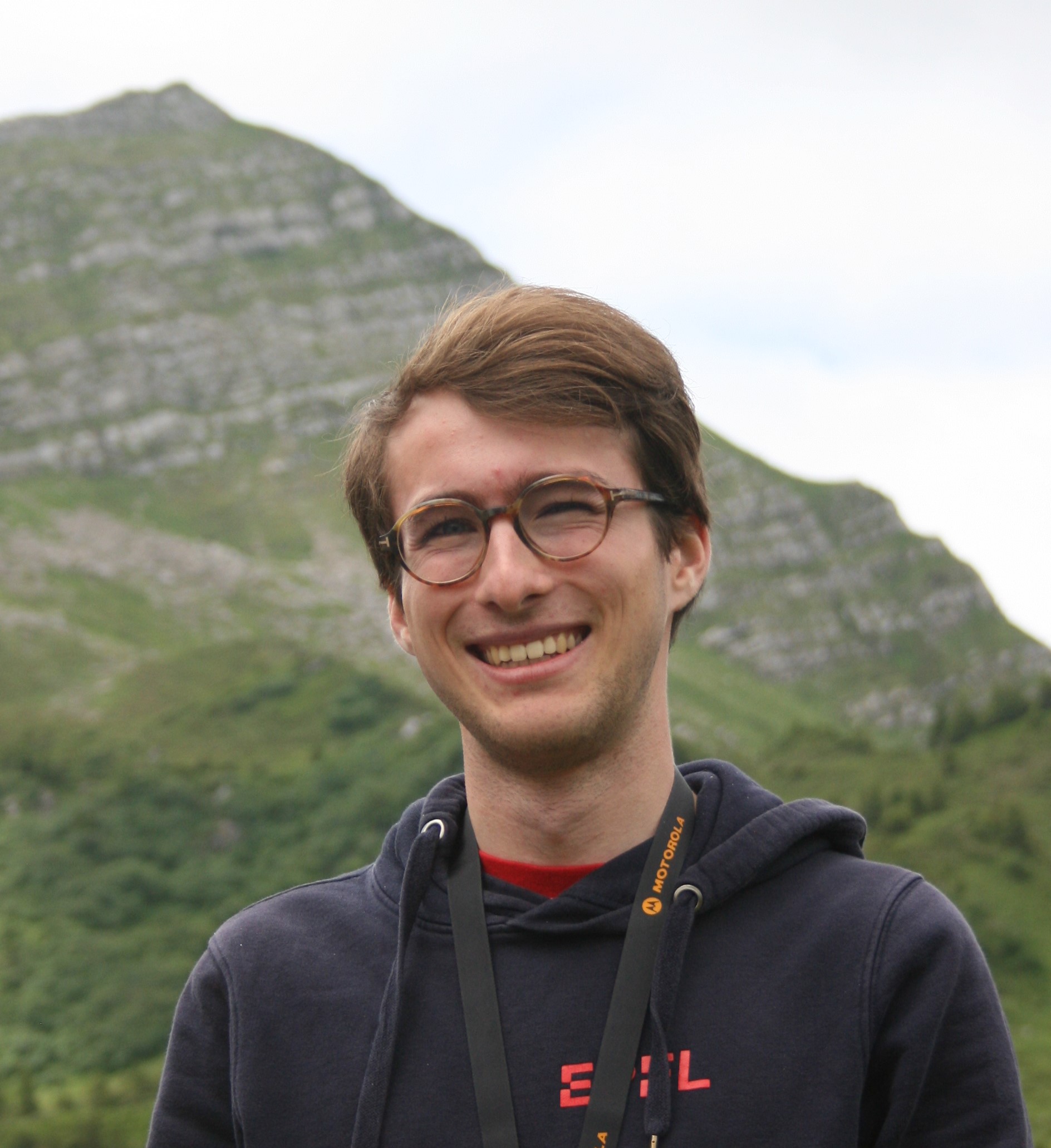
I joined the Rocket Team with no particular knowledge of rocketry or any particular technical field. And yet, in the space of 2 years I have learned an uncountable amount of things, both technically and organisationally. A practical project like this one is a perfect companion to a mostly theoretical study like the one at EPFL.
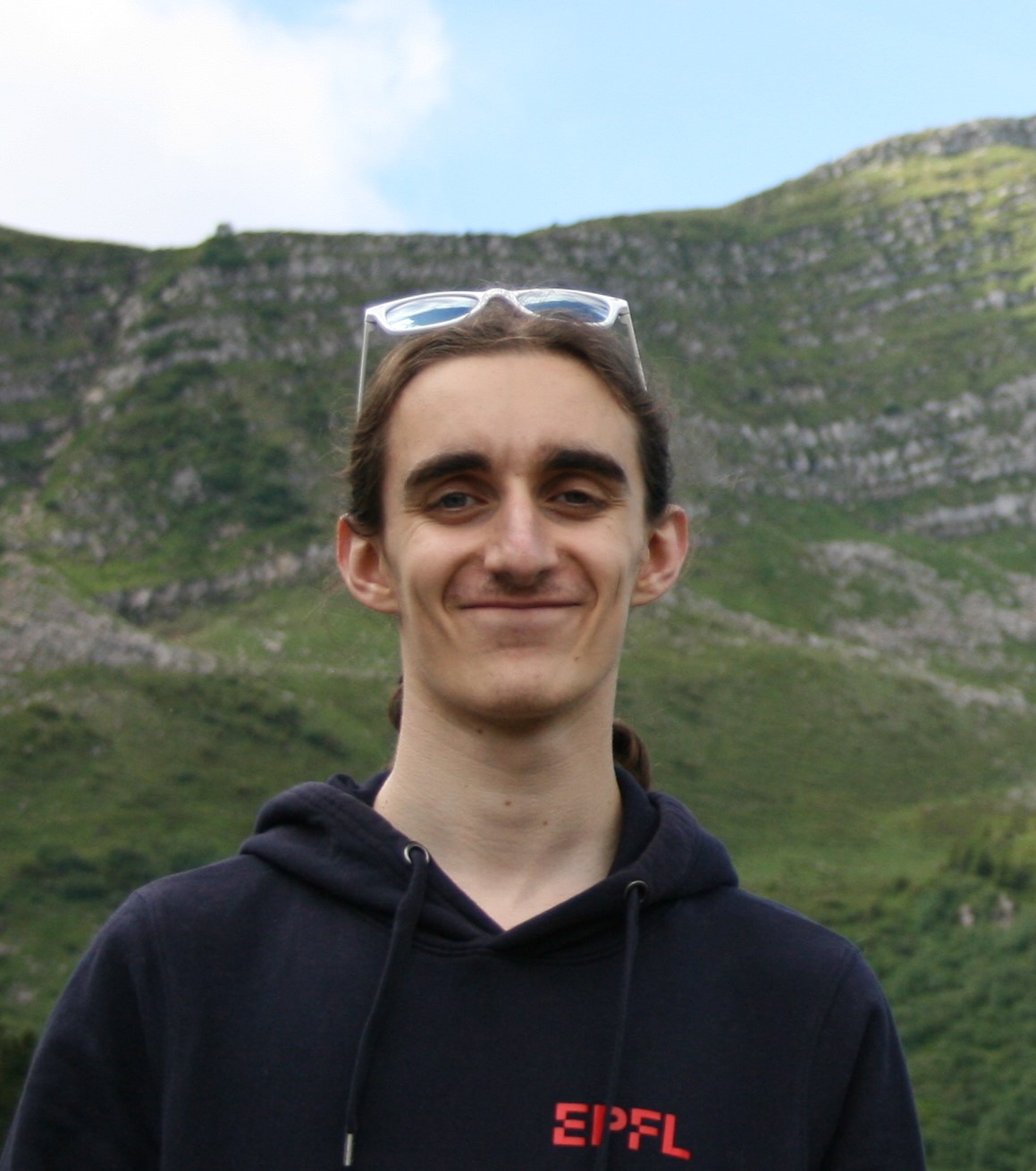

DISCOVER ONE OF OUR ROCKETS



